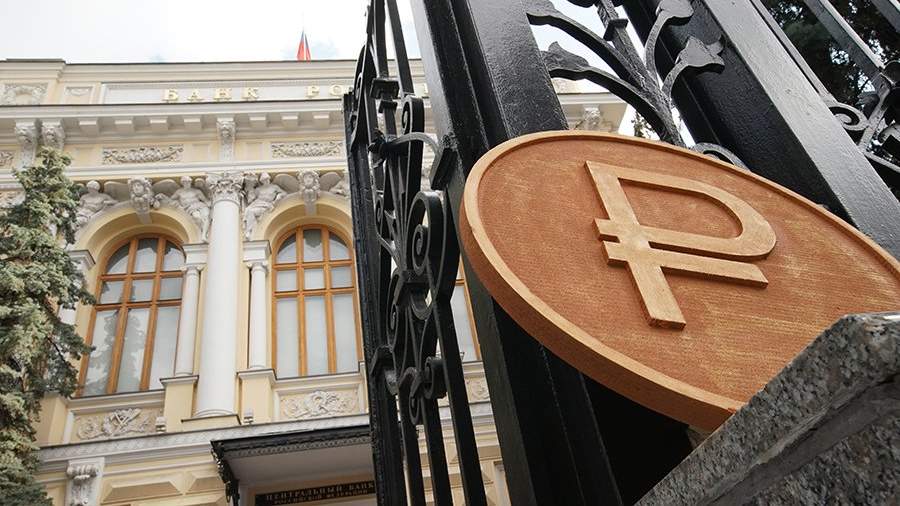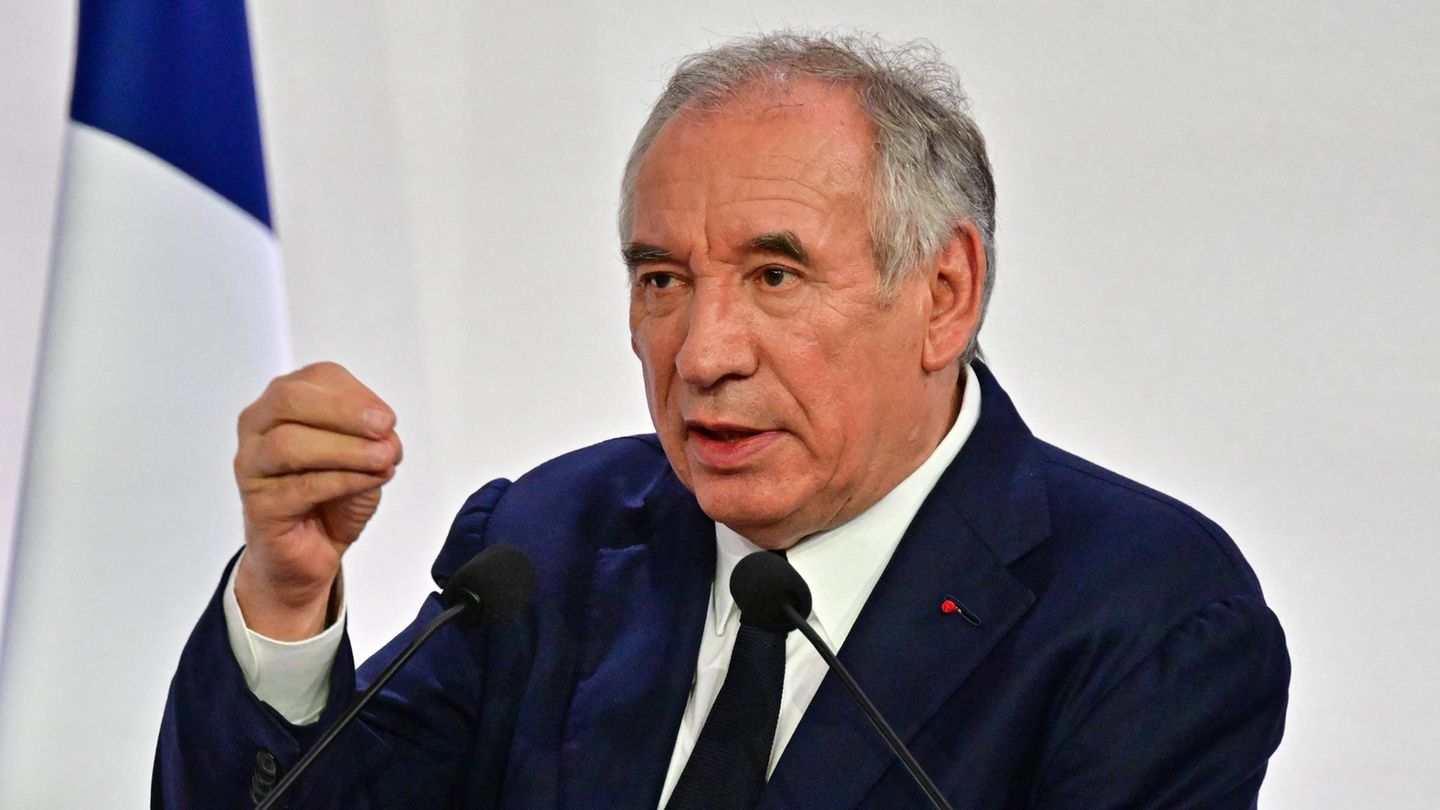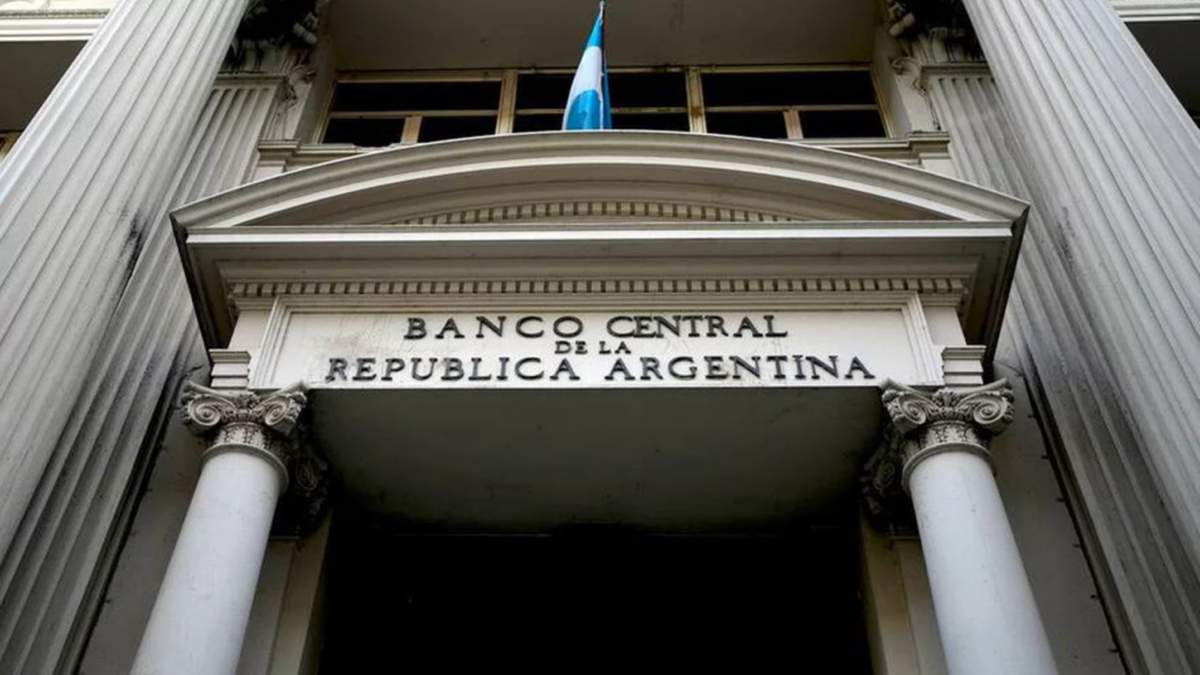At the first stage of testing the digital ruble platform, the Bank of Russia plans to introduce limits on the balance in digital rubles on wallets, but as the platform develops, decisions will be made to increase the limits or completely cancel them. This was announced on Tuesday, February 15, by Olga Skorobogatova, First Deputy Chairman of the Bank of Russia, in a comment given to Izvestia by the press service of the Central Bank.
Earlier on the same day, it was reported that the (Central Bank) of the Russian Federation and market participants began testing the digital ruble platform and successfully completed the first transfers.
Olga Skorobogatova noted that national digital currencies are a completely new phenomenon not only in the economy, but also in the financial system of both a separate country and the world as a whole. Therefore, it is natural that regulators in many countries are now considering how best to conduct pilot operations with national digital currencies and what tools to use for this.
“This is what pilot testing time is needed for, which we, among other things, have also determined for ourselves, like this year,” Skorobogatova added.
Speaking about the start of testing the digital ruble platform, the First Deputy Chairman of the Central Bank noted that it began with those banks that were already ready for it. Three banks from the pilot group passed technical testing and connection to the digital platform, and two more banks successfully completed client transactions.
As part of client transactions, as Skorobogatova explained, clients of organizations in a mobile application opened wallets on the digital ruble platform, exchanged cash for digital rubles, and also made transfers in fibre rubles among themselves.
In general, testing the digital ruble platform involves three stages. So, at the first one, wallets are opened by both clients and banks, transfers of digital rubles between citizens.
The second stage, which, according to her, will begin this fall, it involves the implementation of the functionality for paying for goods and services in digital rubles, as well as paying government payments. In addition, at this stage, the Central Bank plans to test interaction with the federal treasury and implement a smart contract.
At the third stage, the Central Bank plans to make operations with the digital ruble offline, which, as Skorobogatova noted, is especially in demand in regions with unstable communications. Also, at the third stage, they will try to conduct operations to open wallets for non-residents.
At the moment there are 12 banks in the pilot group. At the same time, the Central Bank received more than 10 applications from other credit institutions that want to take part in testing the digital ruble platform.
“And what is important for us is both banks and financial intermediaries. We would like to test operations with the digital ruble with a different range of participants in the Russian market. This is extremely important for us, because it will give us the experience that will allow us to present various services in various scenarios in the future,” she added.
Financial analyst, trader Artem Zvezdin, commenting on the Central Bank’s reports about the start of testing the digital ruble platform, expressed confidence that in 8–10 years digital money will become more popular than cash, the digital ruble will be more popular than cashless transfers or fiat money, but less in demand than cryptocurrency.
However, according to him, in the form in which the project involves the launch of a digital ruble, it will not be very popular. The expert believes that at this stage it will be difficult for an ordinary Russian to convey the benefits of storing and transferring funds in digital currency.
In September 2021, Skorobogatova already reported that testing of digital money would take place in several stages. Based on the results of the piloting, a roadmap will be developed for the introduction of the digital ruble in Russia and amendments to laws.
At the same time, Deputy Finance Minister Alexei Moiseev told Izvestia that the department was discussing a digital ruble with the regulator, which should replace cash.
Source: IZ
Jane Stock is a technology author, who has written for 24 Hours World. She writes about the latest in technology news and trends, and is always on the lookout for new and innovative ways to improve his audience’s experience.




